Buying property in France
Arabella Youens guides you through the do's and don't's of buying a property in France

In all its guises, from the glitzy Riviera, to rural Provence, chic Paris and even the familiar (weather-wise, at least) Normandy, France has consistently claimed the top spot in our hearts’ desires for second homes. In a survey conducted on Countrylife.co.uk last year, France was selected as the number-one destination for our readers. But, although the buying process is relatively straightforward and regulated, you can end up more than a little brûlée from the experience, if you’re not careful.
The first aspect to be aware of is that properties in France are generally held on a variety of different estate agents’ books. This can lead to varying asking prices being quoted for the same property. According to buying agents Property Vision (00 33 4 93 92 79 35), which deals mainly with the South of France, the Alps and Paris: ‘Asking prices are nearly always in excess of what a property will actually be expected to sell for: 20% is not unusual; 40% or more is not impossible.’
The role of the notaire The next point to remember is the pivotal role of the notary (notaire) in the transaction. He or she is a representative of the State, present to give authenticity to a transaction and to interpret the intentions of both parties correctly in drafting the relevant deeds. ‘Hence, theoretically, there is no conflict of interest and, in many cases, both the buyer and the vendor can instruct the same notary,’ explains Philip Hawkes (00 33 1 42 68 11 11), a Paris-based solicitor who has been selling châteaux for more than 30 years. ‘Having said that, it’s not unu- sual for each party to have his own notary, perhaps if a British buyer wanted added reassurance and help with the language. And there’s no extra cost to the buyer; notaries’ fees are fixed and shared.’ Jonathan Pugh of Agence Mercure (00 33 5 61 21 52 01), who sells in south-west France, advises that the notary be shared and the buyer instruct a local lawyer conversant in international tax and inheritance law.
‘The problems start when English buyers try to replicate the process they’re accustomed to back home. I’ve seen many sales fall through on account of UK-based solicitors who insist the vendor fills in a 50-page questionnaire. It’s much more human here, and it’s amazing how much ground you can cover when the vendor and the buyer are sitting in the same notary’s room.’
How to make an offer Once the buyer has found a property, an offer is made (preferably verbally) to the vendor. The next step is that a compromis de vente is drawn up by the notary in one of two forms: either a promesse unilatérale de vente or a vente ferme. The promesse is more common, and means that the vendor undertakes to sell at a given price, in return for a down payment of 10% of the purchase price. The promesse sets out the details of the purchase, including the anti-cipated completion date.
The other, less common, option is to have a vente ferme, which has the advantage that both parties are bound to proceed, but the handicap is that the vendor has to sue the buyer if the latter fails to pay in time, and, in the meantime, can’t sell the property elsewhere. From the moment the promesse is signed, the vendor is contracted to sell, the property is taken off the market, and he can’t accept higher offers from other interested parties (what we know as gazumping). If the deposit hasn’t already been transferred to the notary, it should be now. Some buyers have had problems with agents asking to hold the deposit, but it’s preferable to entrust it to the notary to whom buyers will have to pay all fees and taxes. Once the buyer receives a signed copy of the promesse from the notary, he has a seven-day cooling period (droit de rétraction) during which he can withdraw from the purchase without having to explain why.
Closing a deal After the promesse is signed, a time lapse of anything from a few weeks to a few months ensues as various legal formalities are undertaken, mostly by the vendor. Once all the legal formalities have been completed, the acte de vente is signed before the notary. In France, all taxes, registration fees, stamp duty, disbursements and notary’s fees relating to property conveyancing are strictly regulated by the government and vary according to the price of the property and, if there is a loan, the security required by the lender. These are payable at least one working day before completion takes place. Although the provisional amount will be advised by the notary in question, Property Vision estimates that costs will be 6.5% of the purchase price as a rough guideline, not including the cost of registering the lender’scharge on the property, if applicable.
Exquisite houses, the beauty of Nature, and how to get the most from your life, straight to your inbox.
The buyer will also be required to pay the taxe foncière (an annual tax on property owners; the French tax year ends on December 31) relating to the property, on a pro- rata basis, for the year in which the transaction takes place. The commission is also paid at this point, normally by the vendor (although a purchaser can pay the commission nowadays, which means he doesn’t have to pay the registration tax on it). Thereafter, the purchaser takes full possession of the property.
-
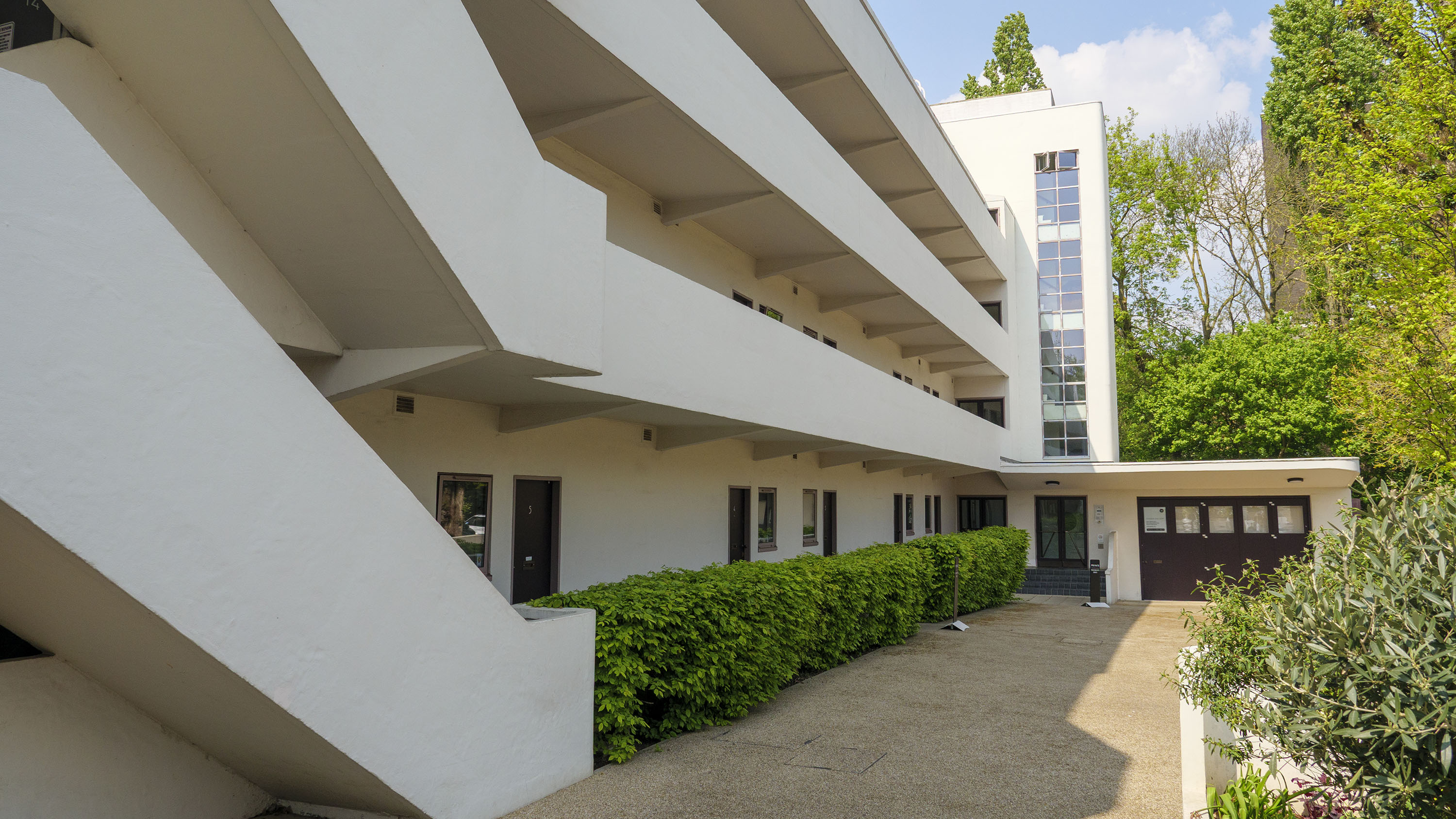 A flat for sale in the building where Agatha Christie lived, and it's both the most interesting and most affordable home for sale in Hampstead today
A flat for sale in the building where Agatha Christie lived, and it's both the most interesting and most affordable home for sale in Hampstead todayThe Isokon Lawn Road flats in Belsize Park are a Grade I-listed architectural icon with a fascinating history, and one of them is currently for sale. Toby Keel takes a look.
By Toby Keel Published
-
 Guinness, The Beatles and Beckham's first game for England? It can only be the Country Life Quiz of the Day, October 15, 2025
Guinness, The Beatles and Beckham's first game for England? It can only be the Country Life Quiz of the Day, October 15, 2025Test your general knowledge in Wednesday's quiz.
By Country Life Published
-
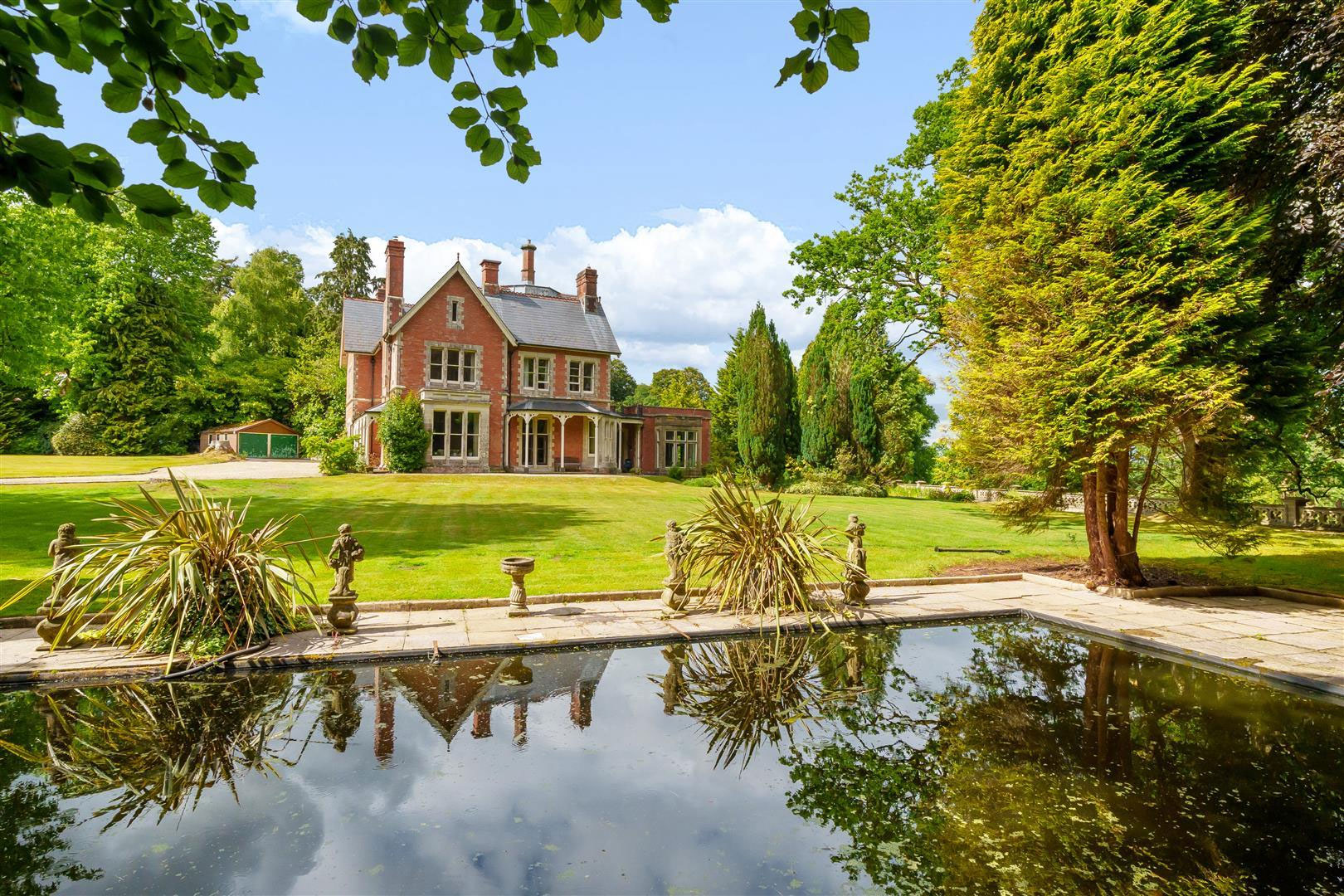 How to buy a house at auction
How to buy a house at auctionBuying at auction can mean you secure your dream property for a bargain price, but preparation is the key
By Annabel Dixon Last updated
-
 What to expect when you're expecting (to move to the countryside)
What to expect when you're expecting (to move to the countryside)On March 28, agents Michael Graham will be showcasing some of their best countryside properties at their west London office.
By James Fisher Published
-
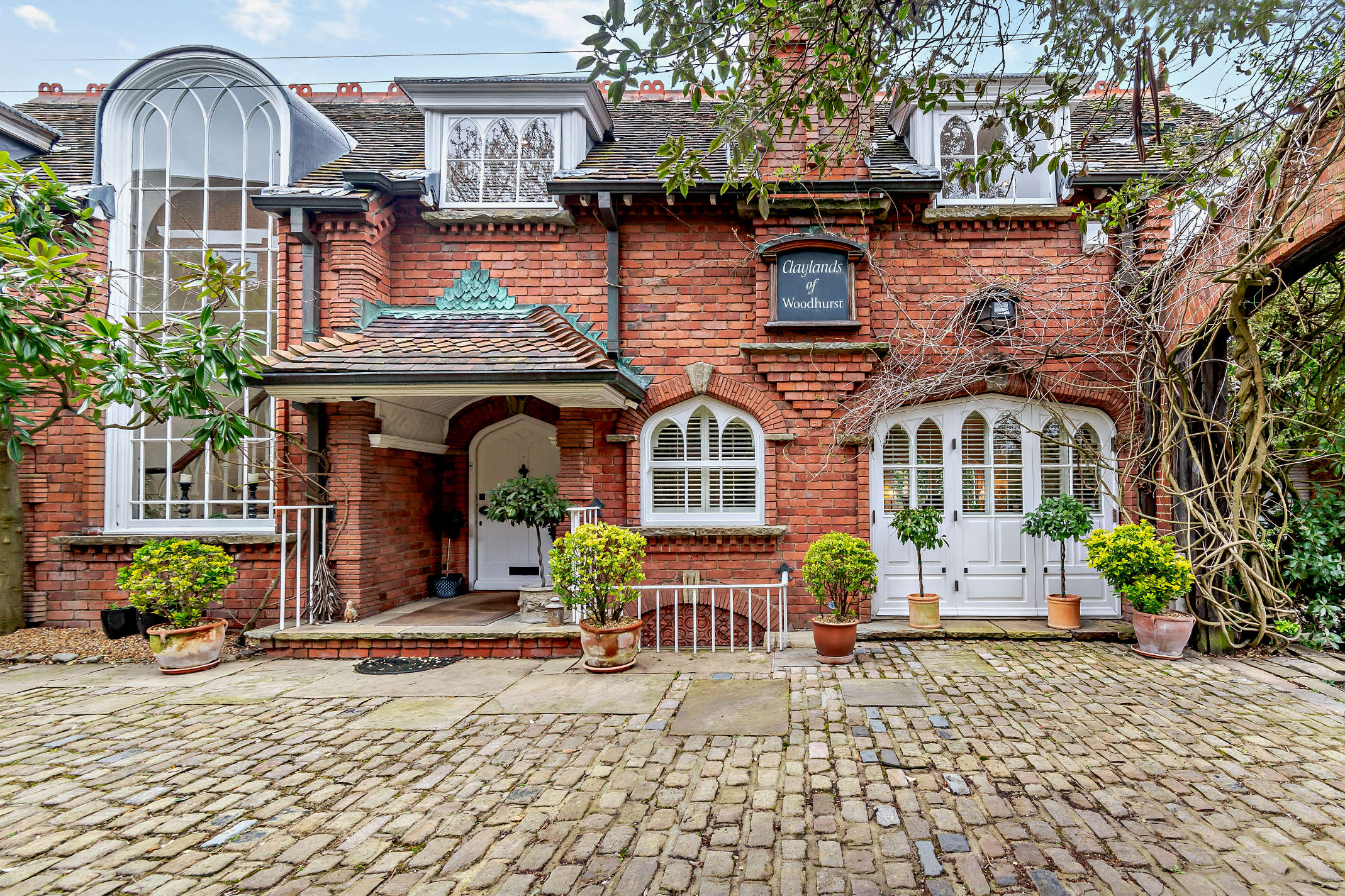 Property Talk: When is the right time to downsize?
Property Talk: When is the right time to downsize?Sometimes our homes can get too big for us, meaning it’s time to downsize. Here, we speak to those involved with the process.
By James Fisher Published
-
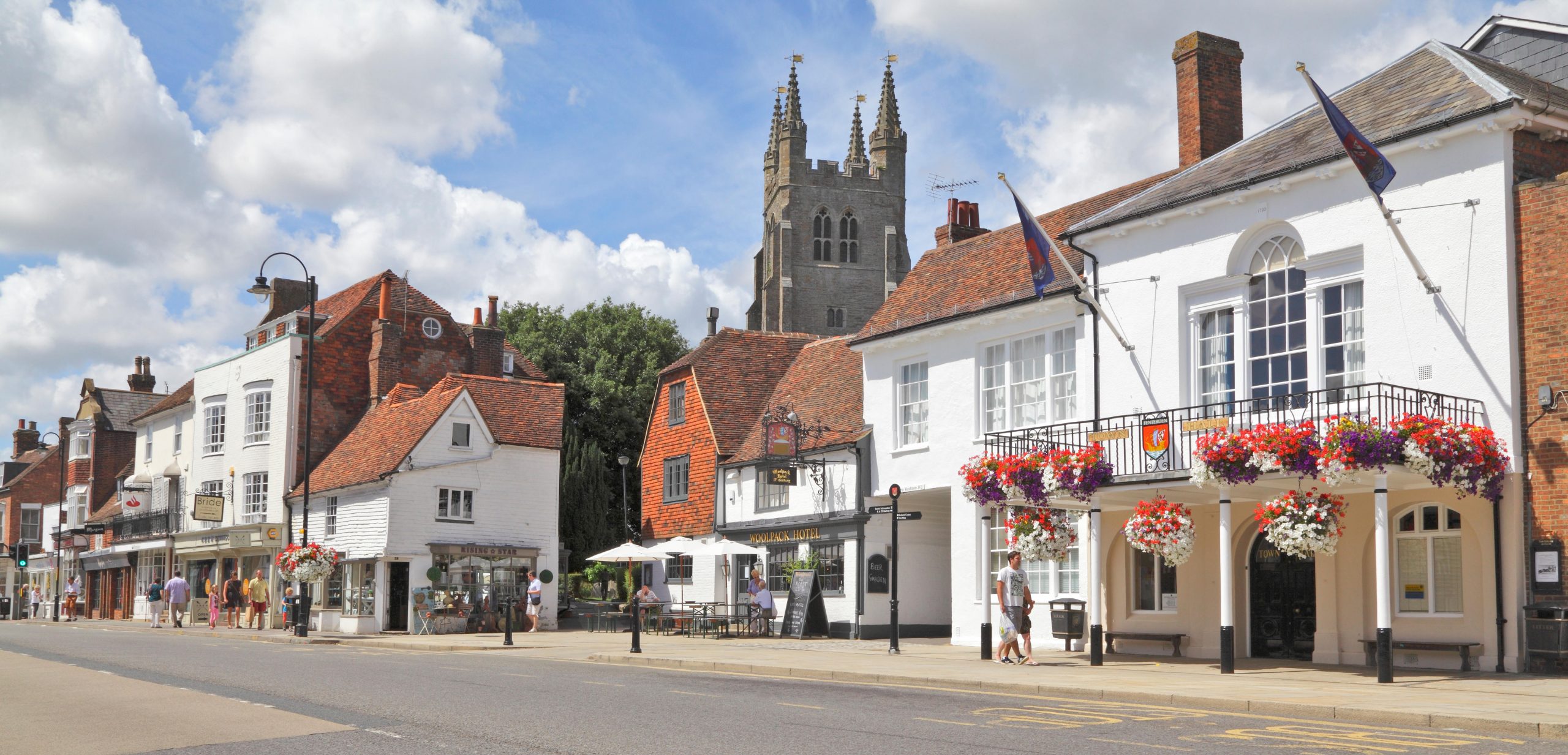 How to win in the property market: Tips from some of Britain's best buying agents
How to win in the property market: Tips from some of Britain's best buying agentsWhether looking for the perfect family home or negotiating on price, buying agents do the heavy lifting–and are well used to analysing the market. Carla Passino gets advice from a few of the best.
By Carla Passino Published
-
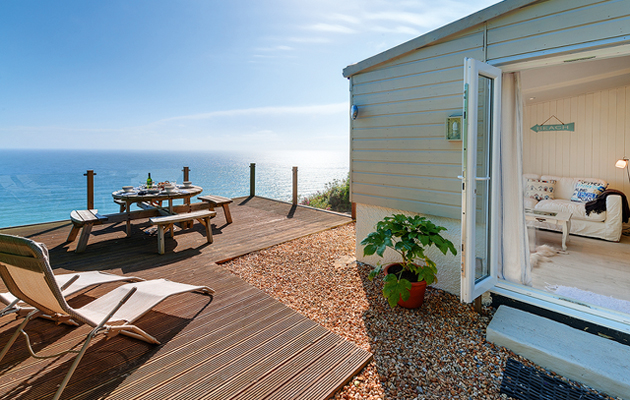 Top tips on renting your holiday home
Top tips on renting your holiday homeThe holiday-home market on the Cornish coast looks set for a lively summer. Arabella Youens finds out how to make the running costs bearable.
By Arabella Youens Published
-
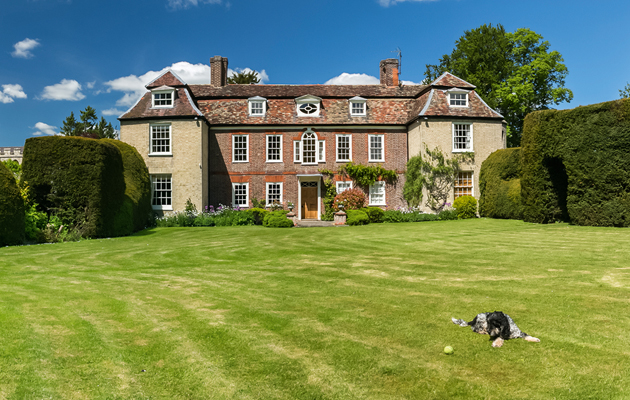 Tips and advice for holiday home owners
Tips and advice for holiday home ownersWith the start of the summer season nearly upon us, more and more country-house owners are dipping into the short-let scene.
By Country Life Published
-
 Property guide to Elstead
Property guide to ElsteadFreddie Mack shares the secrets of Elstead in Surrey, a prime spot for young families looking for properties outside London near good schools
By Country Life Published
-
 Property guide to Cheriton
Property guide to CheritonIf you're considering buying property in or around Cheriton this year, take a look at our property guide which covers where to buy, what prices to expect and where to have fun in the area
By Country Life Published

